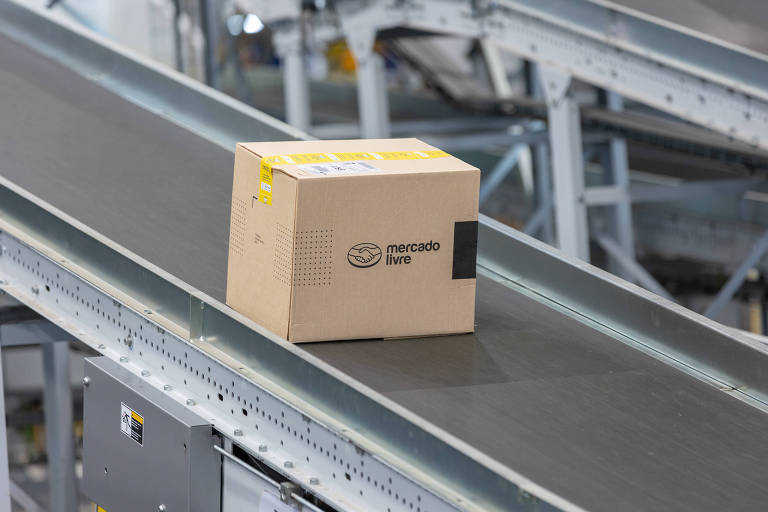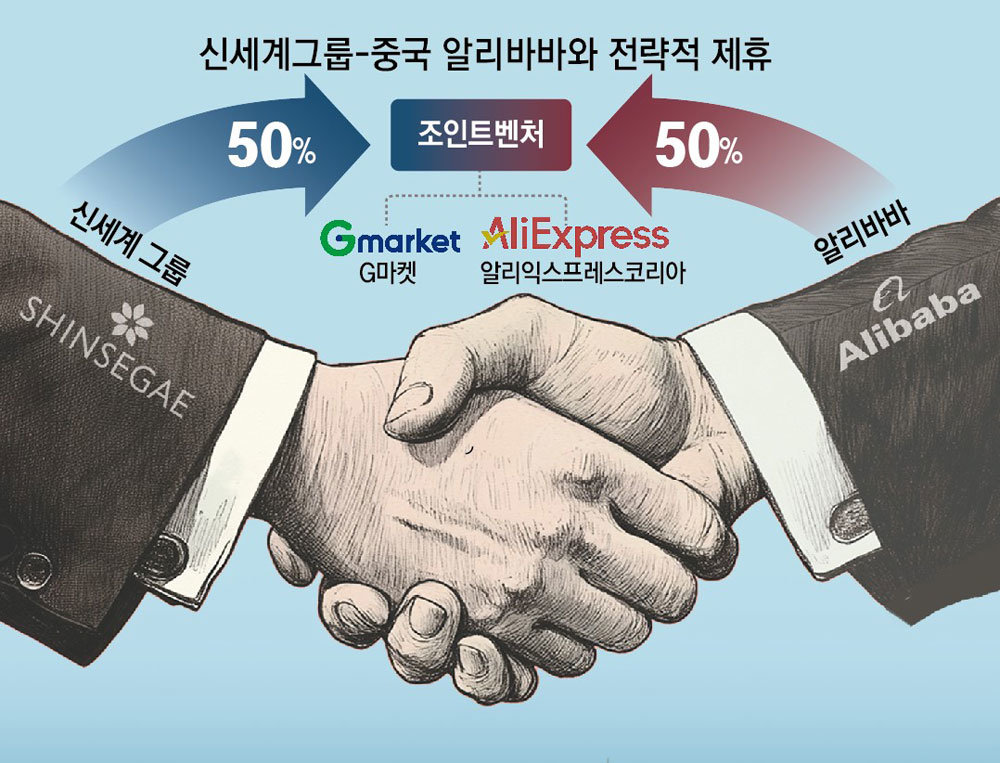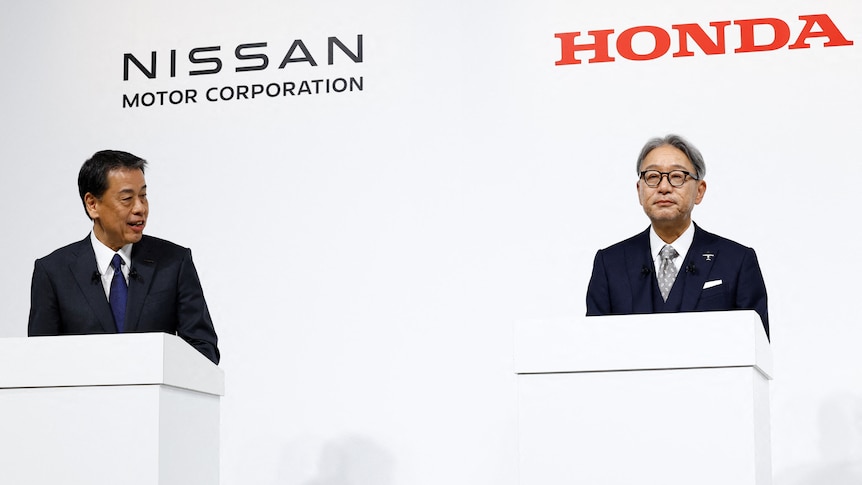Mercado Libre and MODO Clash Over Fintech Competition Issues
Discover how the Mercado Libre and MODO dispute is shaping Argentina's fintech landscape and impacting consumer choices in digital payments.

Key Points
- Mercado Libre
has accused MODO and its associated banks of forming a cartel, limiting competition and consumer choice in the fintech sector.
- The ongoing legal battle between Mercado Libre and MODO raises significant concerns about anti-competitive practices that could hinder innovation in digital payments.
- As both companies navigate their conflict, the outcome will shape the regulatory landscape and impact how consumers engage with financial tools in Argentina
.
In the rapidly evolving landscape of financial technology, competition is fierce, and companies are increasingly finding themselves at odds with one another. A recent series of allegations has escalated the battle between Mercado Libre, Argentina’s e-commerce behemoth, and MODO, a digital wallet backed by a consortium of major banks. This clash centers around accusations of anti-competitive practices, raising questions about the future of digital payments in the region.

Understanding the Allegations
Mercado Libre has formalized its denunciation against MODO and the 36 banks constituting it, claiming that they are engaging in “cartel-like” behavior and have a dominant market position that stifles competition. According to Mercado Libre, the banks behind MODO have formed a tight-knit group that avoids competing with one another, effectively creating a monopoly that limits options for consumers.
Specifically, Mercado Libre’s complaint, filed with the National Commission for Defense of Competition (CNDC), states that MODO has not sought regulatory approval to operate jointly in a way that meets legal requirements. This action is seen as a violation of fair business practices, which are designed to promote healthy competition in the fintech sector.
The Impact on Consumers and Fintechs
For consumers, the ramifications of this dispute extend beyond mere corporate rivalry. With MODO offering exclusive discounts and promotions during transactions, the inability to pay through other wallets can limit consumer choice:
- Over 80% of electronic retail payments in Argentina currently flow through Mercado Pago
, leaving little room for other digital wallets.
- Consumers using bank cards linked to MODO face limitations on accessing benefits unless they transact via MODO itself, constraining their purchasing power.
As the marketplace for digital wallets tightens, these practices could potentially undermine the innovation that fintechs strive to offer. For instance, smaller players like MODO may find it increasingly difficult to compete against the financial muscle of traditional banking institutions that dominate the landscape.
The Response from MODO
In response to Mercado Libre’s allegations, MODO has positioned itself as a leading player advocating for consumer rights. Santiago Eraso Lomáquiz, MODO’s Director of Legal Affairs, stated that the accusations from Mercado Libre were unexpected, especially considering that the e-commerce giant itself holds a significant advantage in the market.
Lomáquiz argued that Mercado Libre’s approach merely seeks to divert attention away from its own anti-competitive behavior. Notably, MODO emphasizes the importance of promotions for users, stating that such initiatives are essential for driving digital payment adoption among consumers.
Looking Ahead: The Future of Fintech in Argentina
The fintech sector in Argentina is at a crossroads, with both Mercado Libre and MODO navigating a complex web of regulations, consumer expectations, and technological advancements. As both entities continue their legal battles, the broader implications of their feud will shape the regulatory landscape and influence consumer behavior.
Ultimately, a healthy balance must be struck between fostering competition and ensuring that consumers enjoy access to diverse financial tools. As technology continues to evolve, staying informed about these changes will be crucial for users who seek innovative and affordable payment solutions.
In this ongoing saga, it's notable that many consumers remain unaware of the subtle nuances in fintech regulations that could directly affect their wallets. For those keen on maximizing their financial options, understanding these developments is essential.


